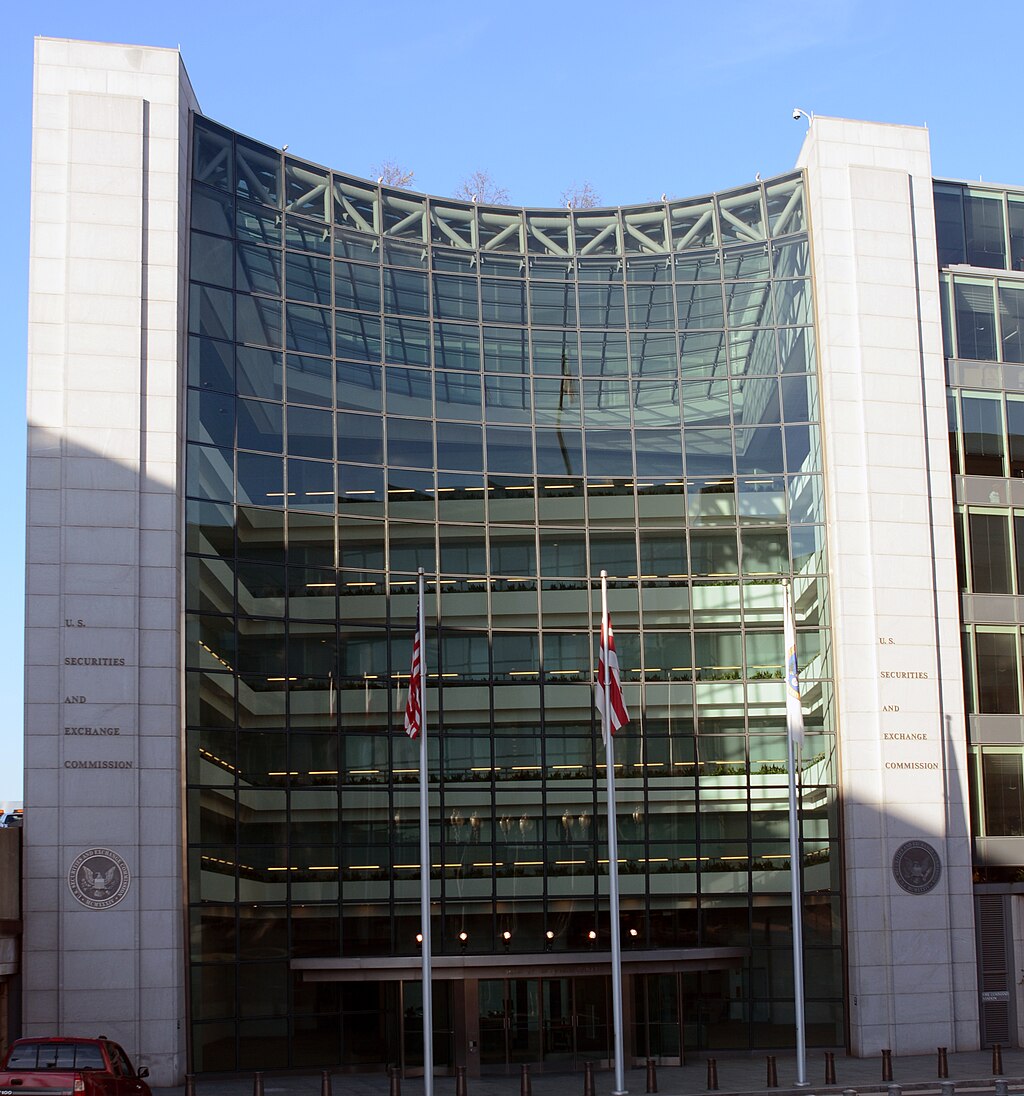The Securities and Exchange Commission (SEC), led by new acting Chair Mark Uyeda, has rescinded the controversial Staff Accounting Bulletin (SAB) 121, a rule that imposed strict disclosure requirements on financial institutions holding cryptocurrency for customers. SAB 122 replaces the rule, allowing firms to decide whether to classify customer-held digital assets as liabilities.
Implemented in 2022, SAB 121 required crypto custody providers and exchanges to list customer holdings as both assets and liabilities, citing the risks of holding crypto. The rule faced backlash from the crypto industry, which argued it complicated accounting practices and discouraged firms from offering crypto custody services. While Congress overturned the bulletin, it was sustained by a veto from former President Joe Biden.
Uyeda, who opposed SAB 121 under the previous SEC Chair Gary Gensler, moved quickly to withdraw the rule after Gensler stepped down earlier this week. The change reflects a friendlier stance towards digital assets under President Donald Trump, who had promoted crypto-friendly policies during his campaign.
SEC Commissioner Hester Peirce celebrated the decision, posting, “Bye, bye SAB 121! It’s not been fun.” The SEC also announced a new task force to guide future crypto regulation, signaling a shift from the enforcement-driven approach favored by Gensler.
Additionally, President Trump signed an executive order calling for the establishment of a national digital assets reserve, though it did not specifically mention Bitcoin. The move underscores the administration’s evolving approach to digital assets and could pave the way for broader adoption.
This policy reversal marks a significant moment for the crypto industry, as regulators adopt a more balanced approach to digital asset oversight.



 Iran–U.S. Nuclear Talks in Oman Face Major Hurdles Amid Rising Regional Tensions
Iran–U.S. Nuclear Talks in Oman Face Major Hurdles Amid Rising Regional Tensions  China Warns US Arms Sales to Taiwan Could Disrupt Trump’s Planned Visit
China Warns US Arms Sales to Taiwan Could Disrupt Trump’s Planned Visit  Citigroup Faces Lawsuit Over Alleged Sexual Harassment by Top Wealth Executive
Citigroup Faces Lawsuit Over Alleged Sexual Harassment by Top Wealth Executive  Pentagon and Anthropic Clash Over AI Safeguards in National Security Use
Pentagon and Anthropic Clash Over AI Safeguards in National Security Use  Uber Ordered to Pay $8.5 Million in Bellwether Sexual Assault Lawsuit
Uber Ordered to Pay $8.5 Million in Bellwether Sexual Assault Lawsuit  RFK Jr. Overhauls Federal Autism Panel, Sparking Medical Community Backlash
RFK Jr. Overhauls Federal Autism Panel, Sparking Medical Community Backlash  Panama Supreme Court Voids Hong Kong Firm’s Panama Canal Port Contracts Over Constitutional Violations
Panama Supreme Court Voids Hong Kong Firm’s Panama Canal Port Contracts Over Constitutional Violations  NATO to Discuss Strengthening Greenland Security Amid Arctic Tensions
NATO to Discuss Strengthening Greenland Security Amid Arctic Tensions  Trump Administration Sued Over Suspension of Critical Hudson River Tunnel Funding
Trump Administration Sued Over Suspension of Critical Hudson River Tunnel Funding  Trump Rejects Putin’s New START Extension Offer, Raising Fears of a New Nuclear Arms Race
Trump Rejects Putin’s New START Extension Offer, Raising Fears of a New Nuclear Arms Race  Federal Reserve Faces Subpoena Delay Amid Investigation Into Chair Jerome Powell
Federal Reserve Faces Subpoena Delay Amid Investigation Into Chair Jerome Powell  Supreme Court Signals Skepticism Toward Hawaii Handgun Carry Law
Supreme Court Signals Skepticism Toward Hawaii Handgun Carry Law  U.S. Lawmakers to Review Unredacted Jeffrey Epstein DOJ Files Starting Monday
U.S. Lawmakers to Review Unredacted Jeffrey Epstein DOJ Files Starting Monday  Trump Signs Executive Order Threatening 25% Tariffs on Countries Trading With Iran
Trump Signs Executive Order Threatening 25% Tariffs on Countries Trading With Iran  Trump Says “Very Good Talks” Underway on Russia-Ukraine War as Peace Efforts Continue
Trump Says “Very Good Talks” Underway on Russia-Ukraine War as Peace Efforts Continue  Trump Threatens 50% Tariff on Canadian Aircraft Amid Escalating U.S.-Canada Trade Dispute
Trump Threatens 50% Tariff on Canadian Aircraft Amid Escalating U.S.-Canada Trade Dispute 





























